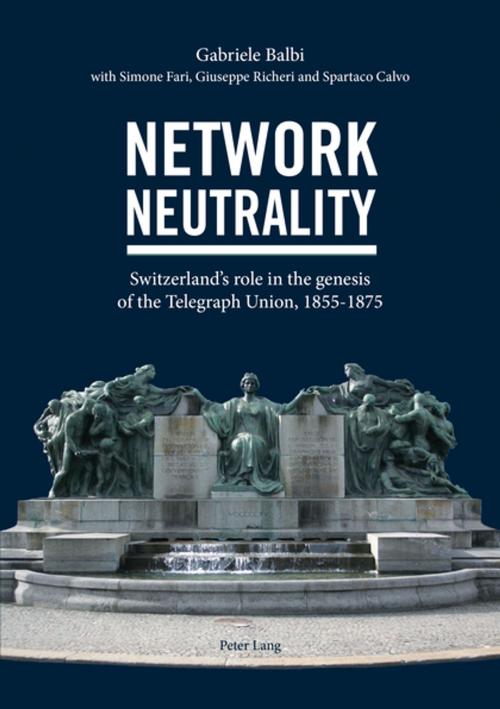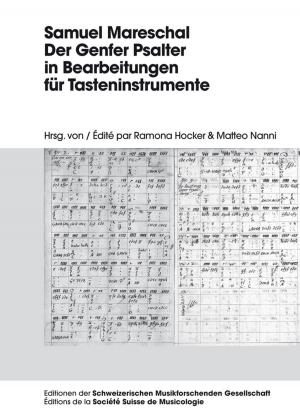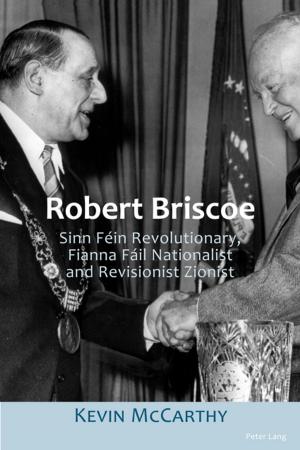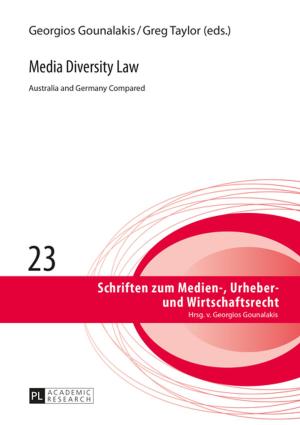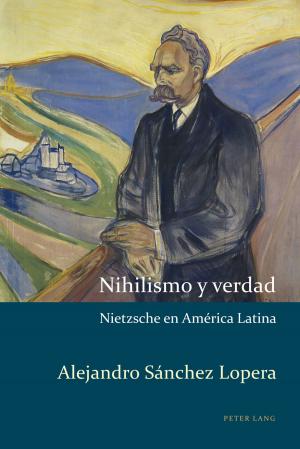Network Neutrality
Switzerlands role in the genesis of the Telegraph Union, 18551875
Nonfiction, History, Western Europe, European General, Biography & Memoir| Author: | Simone Fari, Giuseppe Richeri, Spartaco Calvo, Gabriele Balbi | ISBN: | 9783035195811 |
| Publisher: | Peter Lang | Publication: | July 15, 2014 |
| Imprint: | Peter Lang AG, Internationaler Verlag der Wissenschaften | Language: | English |
| Author: | Simone Fari, Giuseppe Richeri, Spartaco Calvo, Gabriele Balbi |
| ISBN: | 9783035195811 |
| Publisher: | Peter Lang |
| Publication: | July 15, 2014 |
| Imprint: | Peter Lang AG, Internationaler Verlag der Wissenschaften |
| Language: | English |
This book uses new sources to indepth the early history of the Telegraph Union (today the International Telecommunication Union) and focuses on the key role – political, diplomatic, economic and technical – Switzerland played in promoting its birth and managing its structures during the ten years preceding and following its creation (1855–1875). The history of the ITU tends to be neglected in telecommunication history and the role of Switzerland in its formation and management has been largely overlooked. This is surprising for three reasons: first, it was (and still is) the seat of the Bureau; second, until World War Two the secretary was a Swiss national; finally, the Bureau was under the direct control of the Swiss government. The main statement of this book is that the political economy of Switzerland, based on neutrality, diplomacy, internationalism and technical expertise, exerted a decisive influence over the origins of the ITU.
This book uses new sources to indepth the early history of the Telegraph Union (today the International Telecommunication Union) and focuses on the key role – political, diplomatic, economic and technical – Switzerland played in promoting its birth and managing its structures during the ten years preceding and following its creation (1855–1875). The history of the ITU tends to be neglected in telecommunication history and the role of Switzerland in its formation and management has been largely overlooked. This is surprising for three reasons: first, it was (and still is) the seat of the Bureau; second, until World War Two the secretary was a Swiss national; finally, the Bureau was under the direct control of the Swiss government. The main statement of this book is that the political economy of Switzerland, based on neutrality, diplomacy, internationalism and technical expertise, exerted a decisive influence over the origins of the ITU.
